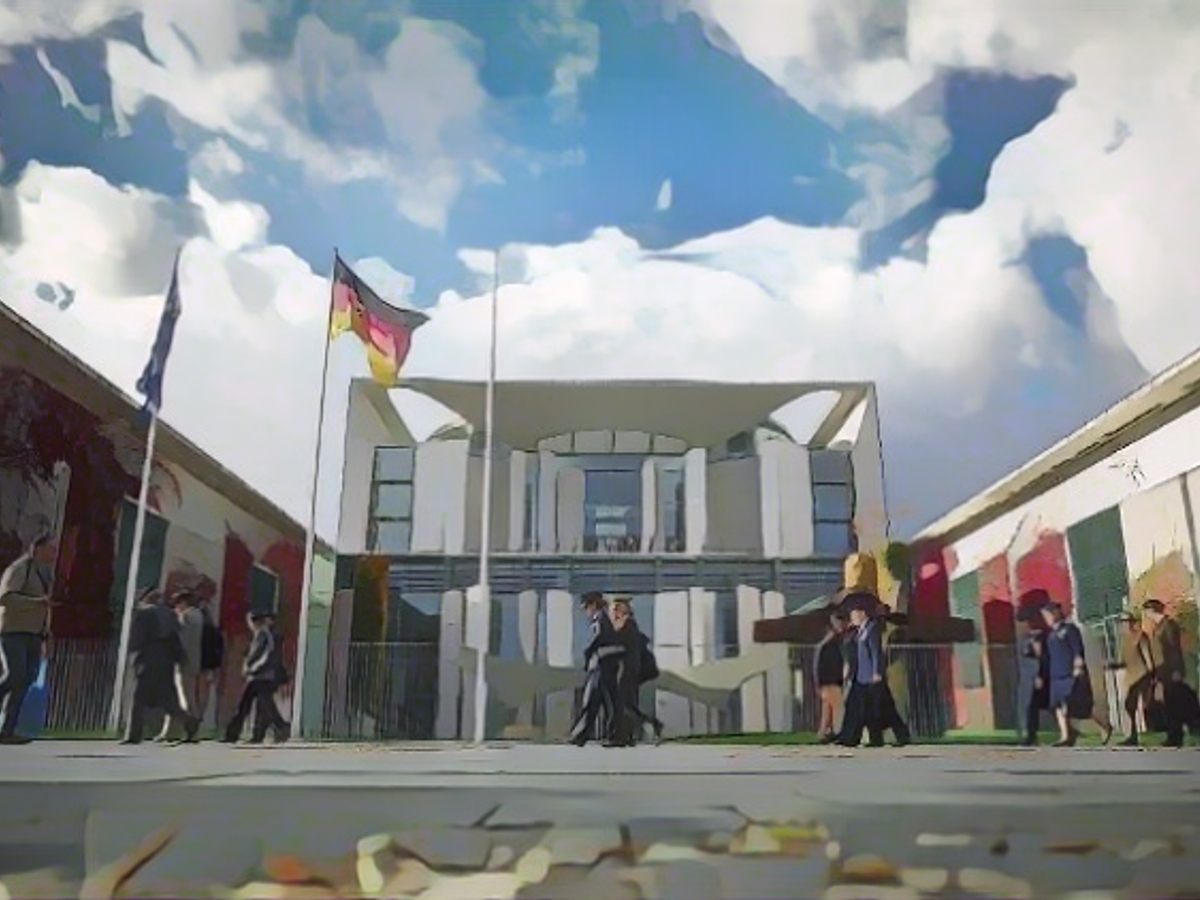Summit interrupted, heads of state keep chancellor waiting
The federal states are unable to agree on a common position on how to reduce the number of asylum seekers ahead of their meeting with Chancellor Olaf Scholz. Instead of ending their meeting without the Chancellor in the early afternoon and meeting in the Chancellery at 3 p.m., the talks were delayed until the early evening and, according to information from RTL and ntv, were interrupted at short notice. This means that it remains to be seen what the further schedule for the Minister Presidents' Conference will look like. The Chancellor's Office was informed that the start would have to be postponed to an unspecified date. The meeting is seen as a kind of showdown after the federal states and local authorities have been insisting for months that the federal government ease the burden of providing for refugees and the CDU/CSU has been insisting on measures to limit immigration.
According to information from RTL and ntv, the background to the delay in the state talks is a list of additional demands submitted on Monday morning by those states governed by CDU, CSU or Green minister presidents. Among other things, they want asylum procedures to be carried out in third countries outside of the European Union in future and are calling for a revision of the EU-Turkey agreement so that Syrian refugees living in Turkey, for example, are not waved through to Europe. Furthermore, family reunification for those entitled to subsidiary protection - primarily war refugees such as people from Syria - should be suspended.
Furthermore, German asylum law should be fundamentally revised and the German government should stop voluntary admission programs, as it has announced for Afghanistan. Border controls should also be tightened and criminals should be deported more quickly. In addition, a federal-state commission should draw up an overall concept for the long-term design of migration policy. These demands largely correspond to the wishes that the CDU and CSU parties have already formulated in recent days. According to information from RTL and ntv, the SPD-led federal states did not want these to become part of the package of demands of all federal states at short notice on Monday.
All states want more money
On the other hand, the federal states are united in their high financial expectations and their demand for permanent regulations in the negotiations with the federal government. They accuse the federal government of wanting to reduce its share from 3.75 billion euros this year to 1.25 billion euros next year, which is unacceptable. In a resolution in mid-October, the federal states had demanded a lump sum of 1.25 billion euros and at least 10,500 euros per migrant. The federal government, on the other hand, is offering around half the amount demanded.
The federal-state meeting will also discuss measures to reduce bureaucracy and the future financing of the Deutschlandticket. The federal government no longer wants to bear the current division of costs. An increase in the price of the current 49-euro ticket is on the table. In view of the large number of topics and the diversity of positions, the summit is expected to run late into the night. The talks between the federal and state governments could also extend into Tuesday.
- Despite the pressing deadline for their meeting with Chancellor Olaf Scholz, the SPD-led federal states have objected to the additional demands from CDU, CSU, and Green-governed states, threatening to disrupt the Minister Presidents' Conference.
- Olaf Scholz's office was informed of the postponement of the Minister Presidents' Conference due to the discord over asylum policy and immigration, leaving the Prime Minister waiting at the summit.
- The CDU/CSU states, alongside their Green counterparts, have advocated for asylum procedures in third countries, revising the EU-Turkey agreement, and suspending family reunification for eligible refugees, among other demands.
- The SPD-led federal states, however, maintain that these demands should not be implemented without proper consultation, causing a rift between the two governing coalitions on asylum policy and immigration.
- Bavaria's Minister-President Markus Söder, from the CSU, has been a prominent figure pushing for tougher asylum policies, further emphasizing the divergent positions among Germany's political leaders on asylum policy and immigration.
Source: www.ntv.de








